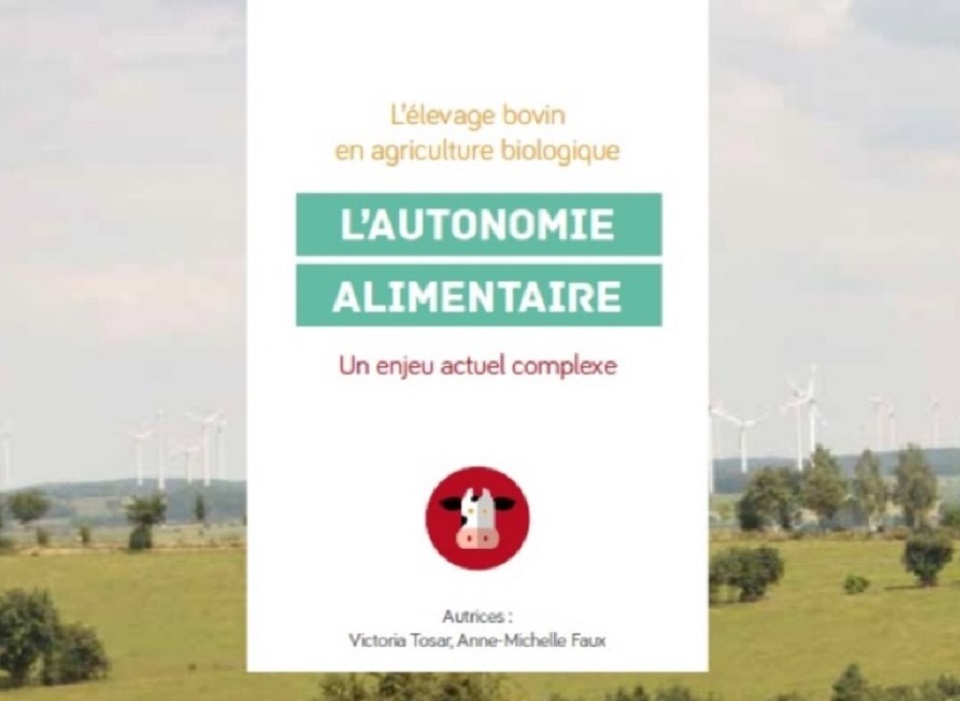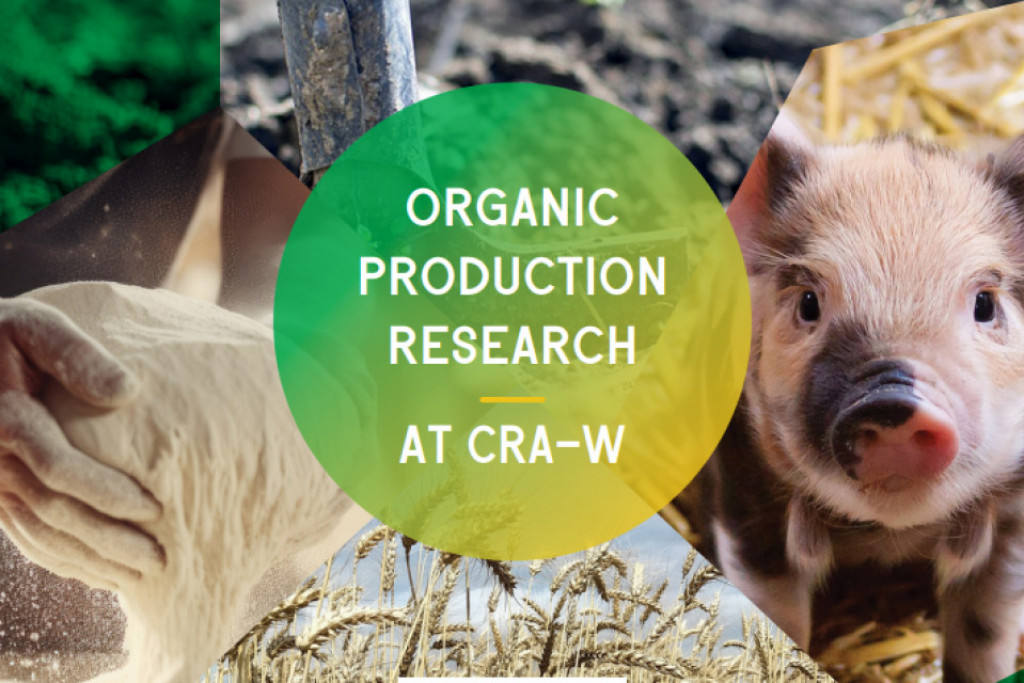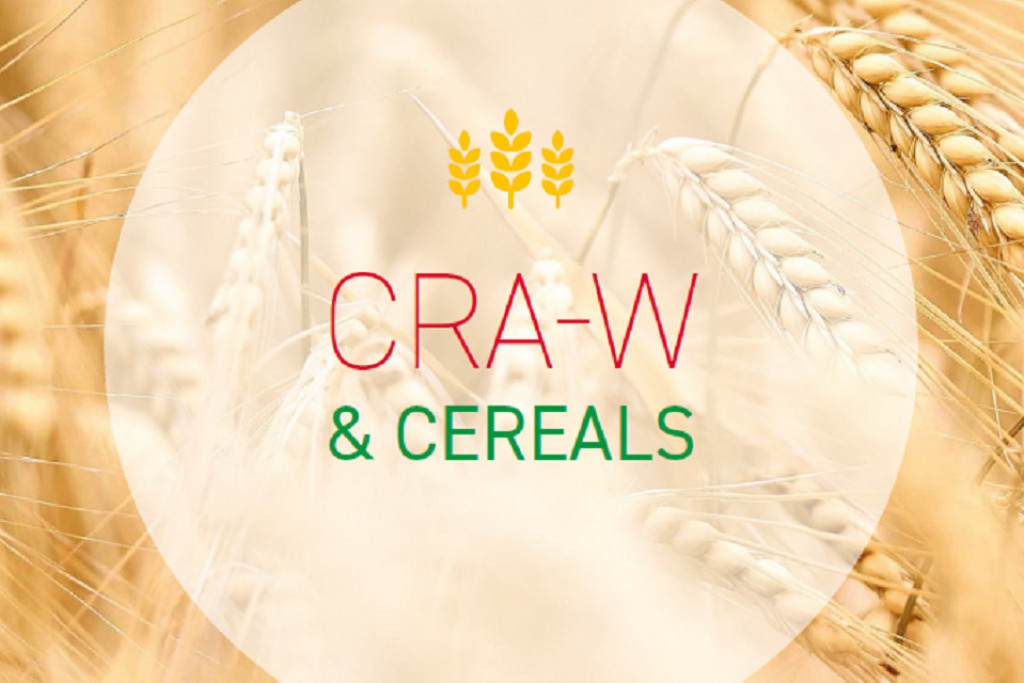In Wallonia, cereal variety choice is still based mainly on grain yield. This approach often overlooks the technological quality required by our processors, particularly in terms of protein content and quality. The values required for technological quality criteria vary considerably depending on the type of product and processing.
The technological quality of a given variety is highly dependent on its technical itinerary and pedoclimatic environment. In the absence of specific evaluation in organic farming, there is a risk of selecting unsuitable varieties, leading to economic losses through the downgrading of batches.
Objective
To develop these sectors and match these cereals to the needs of our processors, TechnoCerBio carries out in-depth analyses of the technological quality of varieties from the Plan BIO 2030 varietal trial network.
This project determines the suitability of wheat and spelt for breadmaking, as well as that of durum wheat for pasta and malting barley for malt.
Results
Our analytical approach focuses on the technological quality of proteins and starch. The objective is to identify varieties of wheat, spelt and durum wheat with a high technological protein content, rather than just a high protein content. To achieve this, we use analytical techniques such as the alveograph and Mixolab+.
These techniques make it possible to identify relevant high technological quality varieties and establish classifications of varieties' suitability for processing under conditions specific to organic farming and the Walloon pedoclimate.
This evaluation is carried out annually and on an ongoing basis, as the commercial life span of varieties is short and the availability of seeds of high technological quality for organic farming is highly variable in Belgium.
Financing:










